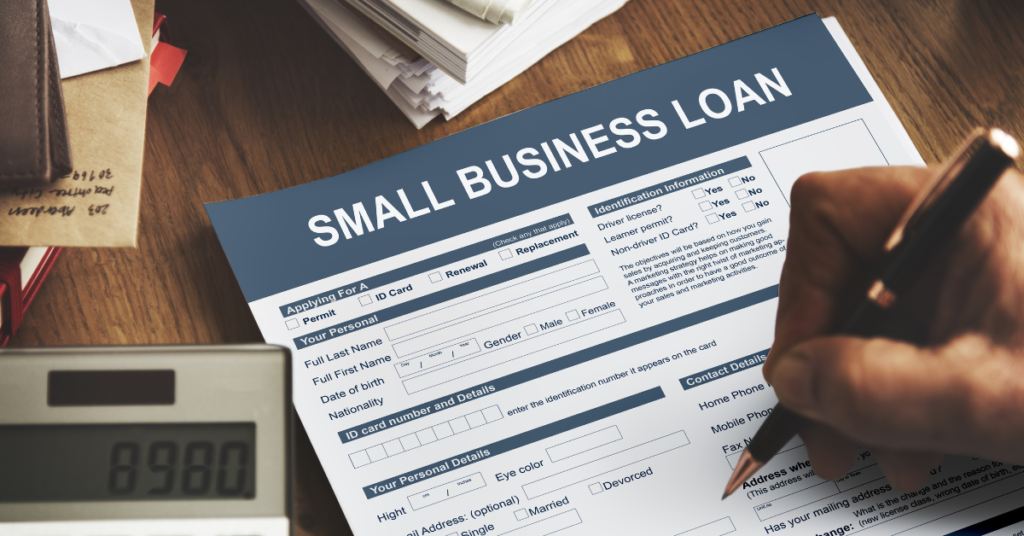You want to start a small business, but you need startup capital. Or maybe you scraped together your startup capital from family, friends, and your own savings, but now you need more cash to get your business through a slow period, to take advantage of an opportunity that has come your way, or to expand your operations or buy new equipment. You need a small business loan.
But getting that first small business loan can feel scary and overwhelming. It’s understandable – you might be borrowing enough money to buy a house, after all. And, depending on the loan product you choose, you might have to pay it back in daily or weekly installments instead of monthly ones.
That doesn’t mean you shouldn’t apply for a small business loan. It just means you need to be extra careful to choose the right loan product, and put together a winning loan application. Here’s how it’s done.
Create a Realistic Budget
Lenders aren’t interested in your business idea so much as they’re interested in whether your business can make a profit, so you’re going to need to show them a realistic budget showcasing your income and expenses. You have to make lenders believe that your business or idea is profitable if you want to get a loan.
Do the research needed to prove your revenue and budget projections. Base your projections on the number of customers you expect to get and how much they’ll pay for your services based on the going marketing rate in your area. You’ll also need to show why customers are more likely to shop with you rather than your competition. The price you claim to be able to get for your services isn’t going to impress lenders if you can’t actually get the customers to pay that price.
Consider Your First Year of Expenses
If you think it’s hard getting a business loan now, wait until six months from when you’ve burned through the loan money, you’re stuck in the middle of a slow season, and you aren’t getting much cash flow. No one’s going to give you a second loan to power you through. You need to have enough money in savings to cover operating expenses for the first year of your business, so you can focus on marketing and bringing in customers and so you don’t end up trapped in a debt cycle, where you just keep taking on more loans to pay your existing loans and getting deeper and deeper in debt.
Check Your Credit Score
If you’re just starting a business, you’re going to need to use your personal credit score to qualify for the loan. (Of course, if you’ve been doing business for a while, you can use your business credit score instead.) Most traditional lenders are going to want you to have a score of 690 or higher, but there are plenty of online, alternative lenders giving out small business loans to borrowers with scores as low as 500. Check your credit score for free at AnnualCreditReport.com and take steps to improve your credit if need be, such as disputing fraudulent collection items and paying all your bills on time.
Compare Small Business Lenders
Every small business lender is going to have different requirements, and they’re going to offer different loan terms and interest rates, too. Compare loans and lenders to find the best rates and the lowest fees. You might also want to check into whether lenders can approve your loan and disburse your funds within a few days, or if you’re going to have to wait weeks for underwriting.
Get Together Your Paperwork
Putting together a small business loan application can be complex. You have to include profit and loss statements, bank statements, financial projections, tax returns, and more. It’s a good idea to talk to your accountant or bookkeeper about what you’ll need to submit with a small business loan application. If you need additional help, go to the Small Business Development Center in your town. They can help by looking over your loan application and making sure you have everything you need and that you’re following the lender’s guidelines for formatting and documentation.
Getting your first small business loan can be a trying experience, but it’s worth it to get the funds you need to expand your business or weather a temporary downturn in revenue. You can always get help to put together your first business loan application if you need it.
